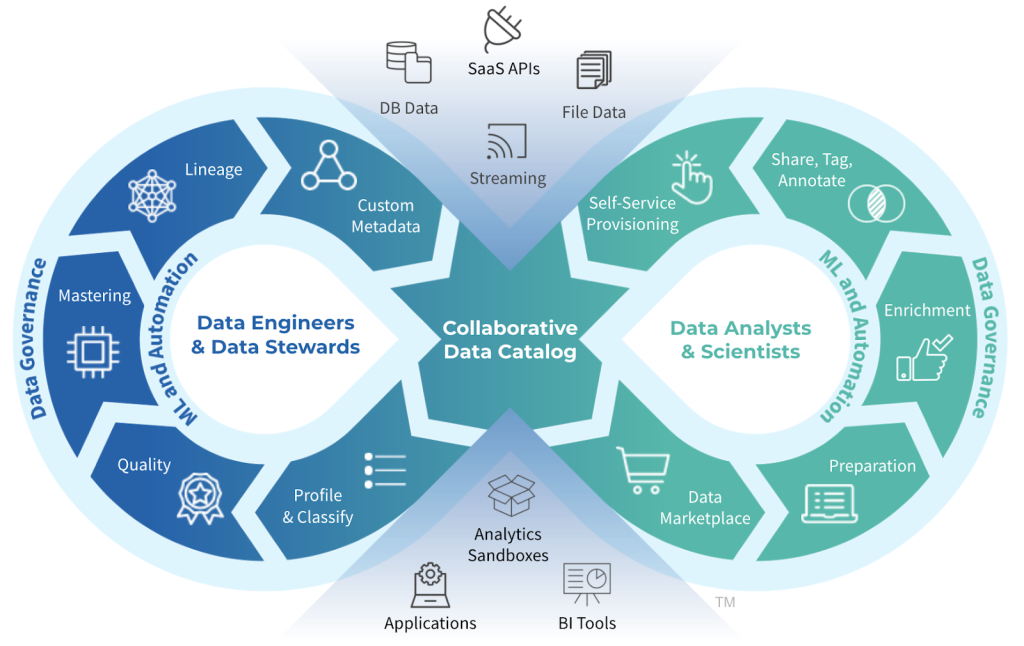
DataOps is a methodology that aims to integrate data engineering, data analytics, and operations to provide a seamless flow of data across the organization. DataOps teams are responsible for ensuring that data is accurate, up-to-date, and accessible to all stakeholders. However, with the increasing amount of data being generated and the complexity of modern data ecosystems, DataOps teams face several challenges that can hinder their effectiveness. In this article, we will explore some of the main challenges for DataOps and discuss how they can be overcome.
Challenge #1: Data Quality
One of the biggest challenges for DataOps is ensuring data quality. Data quality issues can arise due to incorrect data entry, outdated data sources, or data inconsistencies. Poor data quality can lead to inaccurate analysis and decision-making, which can have a significant impact on business operations. To overcome this challenge, DataOps teams must implement data quality checks and ensure that all data is validated before it is used for analysis.
Challenge #2: Data Integration
Another challenge for DataOps is data integration. In many organizations, data is stored in different systems, formats, and locations, making it difficult to integrate and analyze. DataOps teams must work to integrate different data sources and ensure that the data is consistent across all systems. This can involve developing custom scripts, using ETL tools, or leveraging cloud-based data integration solutions.
Challenge #3: Data Security
Data security is a critical challenge for DataOps. With the increasing amount of data being generated, stored, and analyzed, organizations must implement strong security measures to protect their data from cyber threats. DataOps teams must work closely with the IT security team to ensure that data is encrypted, access controls are in place, and data breaches are detected and prevented.
Challenge #4: Data Governance
DataOps teams face a significant challenge in ensuring that data is governed effectively. Data governance involves establishing policies, processes, and standards for data management, ensuring compliance with regulatory requirements, and managing data privacy. DataOps teams must work closely with the legal and compliance teams to ensure that data governance policies are in place and followed.
Challenge #5: Data Performance
Data performance is another challenge for DataOps. In many cases, data processing and analysis can be slow, which can impact business operations. DataOps teams must ensure that data processing and analysis are optimized for performance, whether through data caching, data partitioning, or leveraging cloud-based data processing solutions.

Challenge #6: Data Culture
Finally, DataOps teams must overcome the challenge of creating a data-driven culture within the organization. This involves educating stakeholders on the value of data, developing data literacy programs, and ensuring that data is accessible to all stakeholders. DataOps teams must also work to break down silos between different departments and encourage collaboration to ensure that data is used effectively across the organization.
In conclusion, DataOps teams face several challenges in ensuring that data is accurate, integrated, secure, governed, performant, and used effectively across the organization. However, by implementing best practices, leveraging technology solutions, and developing a data-driven culture, DataOps teams can overcome these challenges and provide value to the organization.